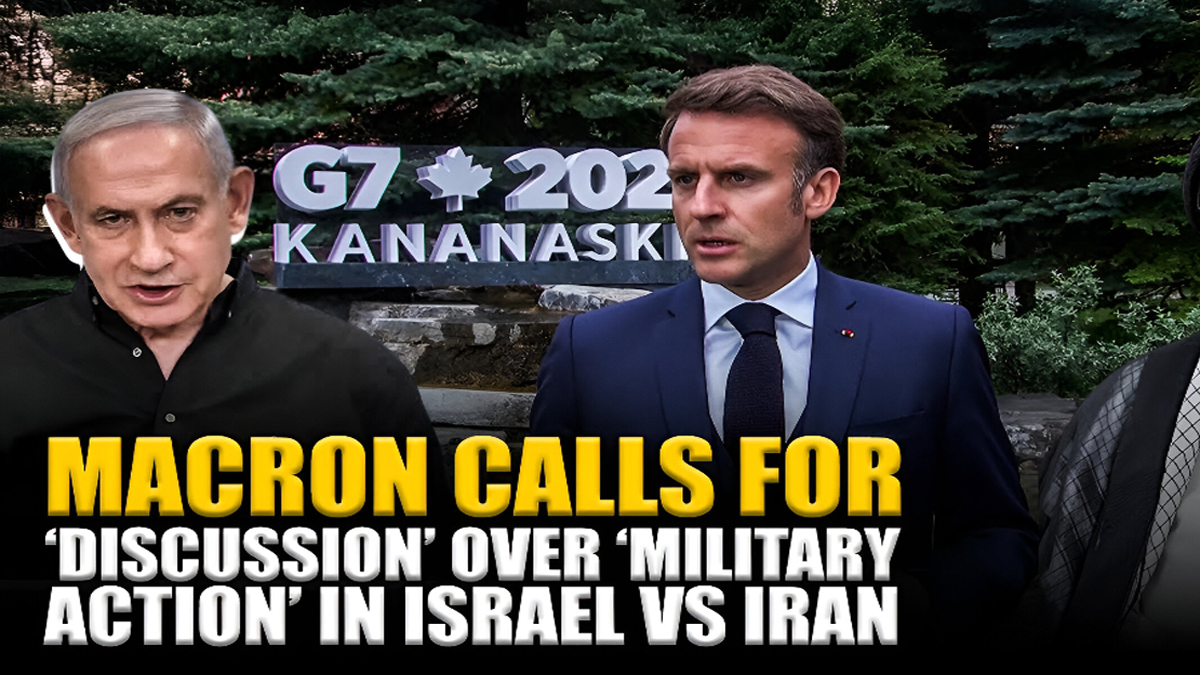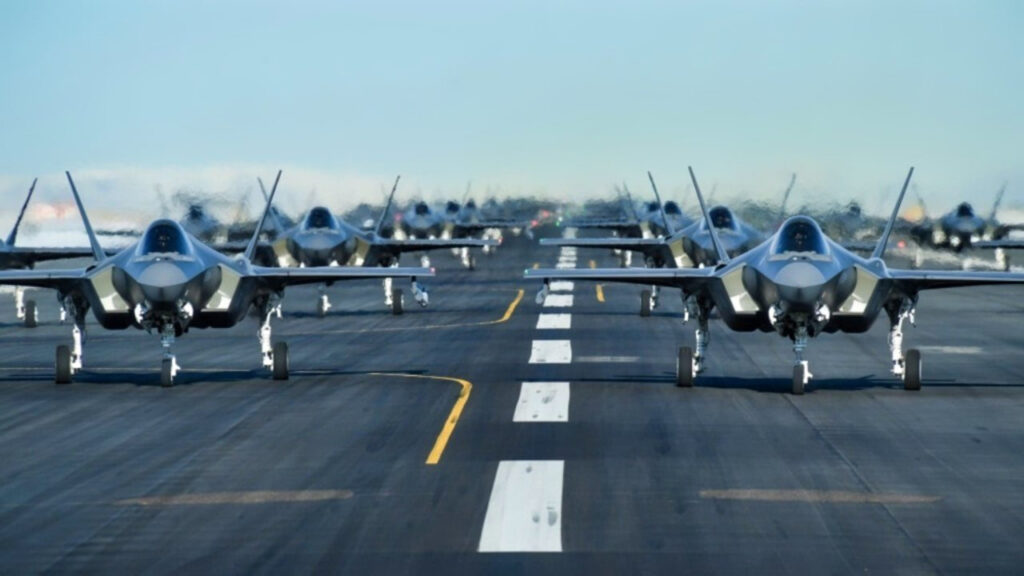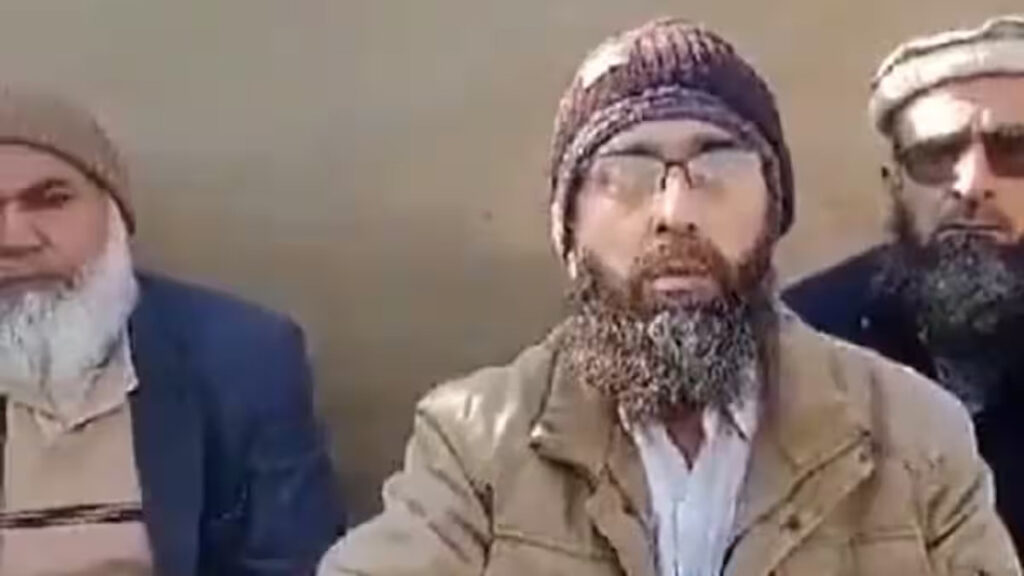Now Reading: France’s Macron Calls for Diplomacy as Israel-Iran War Intensifies
-
01
France’s Macron Calls for Diplomacy as Israel-Iran War Intensifies
France’s Macron Calls for Diplomacy as Israel-Iran War Intensifies

French President Emmanuel Macron has issued a forceful call for Iran to return to the negotiating table amidst the escalating conflict with Israel. His plea comes as international alarm grows over the intensifying hostilities in the Middle East, with both nations engaged in direct military strikes.
As the conflict enters its eighth day, with Israel and Iran trading missiles and drone attacks, global leaders are scrambling to de-escalate the situation. President Macron, speaking from Paris, emphasized the urgent need for a diplomatic resolution. “Iran must show its willingness to return to the negotiating table,” he stated, highlighting that the Iranian nuclear issue “must be solved through negotiation.”
France, alongside its European partners – notably the United Kingdom and Germany (the E3 group) – has been actively working on a diplomatic initiative. French Foreign Minister Jean-Noël Barrot has been tasked with spearheading efforts to propose a “stringent negotiated settlement.” This initiative aims to secure a lasting rollback of Iran’s nuclear and ballistic missile programs, which are central to Israel’s concerns and a key driver of the current conflict.
The push for negotiations comes as reports indicate significant damage to Iran’s nuclear facilities following Israeli strikes, although Tehran insists there is “no radiation danger whatsoever.” The International Atomic Energy Agency (IAEA) has confirmed damage to key Iranian nuclear sites, including the Natanz uranium enrichment plant and facilities in Isfahan and Karaj. Israel maintains these strikes are preemptive measures to prevent Iran from acquiring nuclear weapons, a claim Iran vehemently denies.
The international community has largely echoed Macron’s call for de-escalation. UN Secretary-General Antonio Guterres has repeatedly urged for an immediate ceasefire and warned against the catastrophic consequences of further internationalization of the conflict. Russia and China have also criticised Israel’s actions and advocated for a political and diplomatic resolution.
However, the path to negotiation remains fraught with challenges. Iran’s Foreign Minister Abbas Araghchi has stated that Tehran will not enter negotiations with the United States while Israeli aggression continues, accusing the US of being complicit in Israel’s actions. The White House, meanwhile, has indicated that President Donald Trump will decide within the next two weeks whether the US will directly intervene, a decision that could significantly alter the regional landscape.
As diplomatic efforts intensify, the humanitarian toll of the conflict continues to mount. Reports indicate hundreds of casualties on both sides, with critical civilian infrastructure also impacted. The international community hopes that renewed calls for dialogue, championed by leaders like President Macron, can pave the way for an urgent de-escalation and prevent a wider, devastating regional conflict.










